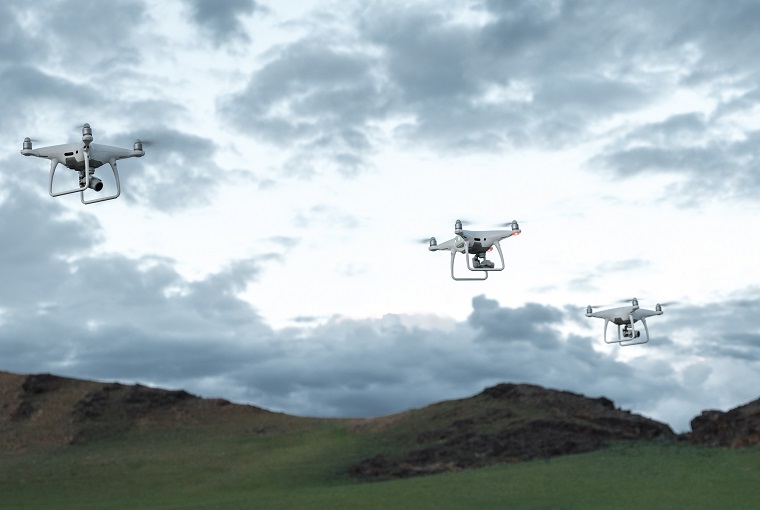Citing “unanticipated issues that some operators are experiencing finding some remote identification broadcast modules,” the FAA announced that its Remote ID Rule will go into effect on March 16, 2024 instead of the original date of September 16, 2023. The extension follows the the FAA’s recent announcement that it has changed how it will perform safety risk management (SRM) assessments and made revisions to its national policy order concerning the management of applicants’ requests to operate uncrewed systems.
In a statement announcing the Remote ID mandate extension, the FAA said, “Drone pilots can meet this deadline by purchasing a standard Remote ID equipped drone from a manufacturer or purchasing a Remote ID broadcast module which can be affixed to existing drones that do not have Remote ID equipment.” Failure to comply with the rule could result in “fines and suspension or revocation of pilot certificates.”
According to a DroneDJ report, drones with manufacturer-provided Remote ID modules or with a third party module attached to the vehicle will be considered compliant. The report also states that “most modern camera drones will have this Remote ID enabled already,” and that many vehicles from leading manufacturers such as DJI, Autel, and Skydio are in alignment with the Remote ID requirements.
Often referred to as a “digital license plate,” Remote ID provides identification and location information to the FAA, law enforcement, and other public officials when a vehicle appears to be flying in an unsafe manner or in places where it is not allowed to fly. Many industry leaders see the Remote ID Rule to be a crucial step in securing the airspace, furthering public acceptance of drone technology, and moving the commercial drone industry forward.
Despite the importance of the Remote ID mandate, many public and private drone leaders have been concerned that implementation could be problematic. At Commercial UAV Expo, held earlier this month, Brandon Roberts, the FAA’s Executive Director of the Office of Rulemaking, stated that the FAA recognized that “supply chain issues” were making it difficult for operators to obtain needed equipment.
In remarks made during a keynote session with Lisa Ellman of the Commercial Drone Alliance and Jeffrey Vincent, the FAA’s Executive Director for the Unmanned Aircraft Systems Integration Office in Aviation Safety, Roberts said that the FAA would address Remote ID Rule implementation issues in a manner that would take into account the needs of the FAA’s “security partners” and businesses that have already made investments to meet the mandate. At the same time, Roberts asserted, the FAA would not seek to punish operators who want to comply but “simply can’t get a module.”















Comments